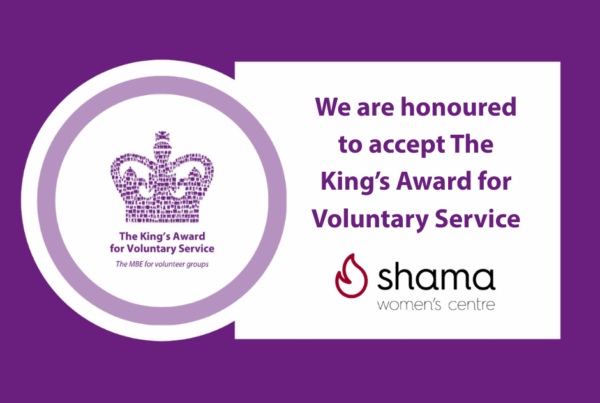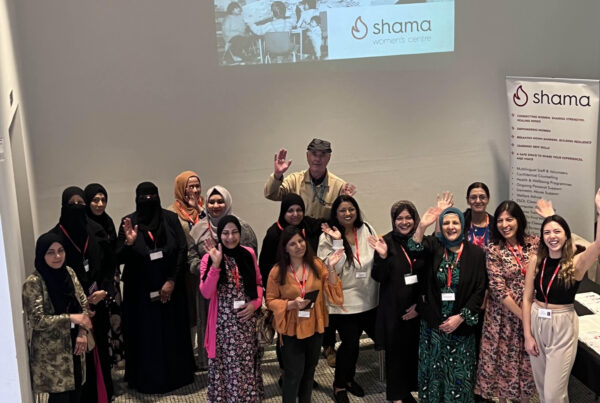As we all emerge out of what has probably been the most challenging time through the Covid-19 pandemic, sadly we will all have been impacted in different ways, from loss of family members, loss of employment and many other layering losses.
Let’s connect by reminding and informing ourselves of the things that keeps us grounded and functioning healthily.
As social beings, we all have an innate need to be accepted, acknowledged and socially connected to other humans in order to thrive, have a purpose, feel content, be happy and thus prosper.
There has been an enormous output of learning about our mental health and much positivity of sharing through the difficulties of the pandemic within the media and globally.
Having travelled through #BLM and the journeys of home schooling, home working and socially distancing has impacted our many lives. In any case we have had to adapt, change our functioning to some degree and learn to accept and settle with the ‘new normal’ way of living.
Our resilience has been tested, we have continued within our individual challenges and of those within our environments. How we react and understand ourselves within these differing challenges informs our present and future selves.
Perhaps if we think back to a time when we did just that;
Sometimes we all adopt behaviours that are unproductive and unhelpful. The usual response for many of us in differing environments is to just REACT first without thinking or analyzing the event, incident or even the interactions we have with people day in day out.
We do inherently react in ways which are expected of us and not necessarily self directed. Maybe it’s a response that’s more pleasing to others than yourself so we take on the burden by pleasing others and live up to others expectation.
So let’s break down our challenges in parts;
Let’s not allow ourselves to become overwhelmed with everything all at once. This is obviously easier said than done. But trying to find a way to stop and absorb the situation at hand in the first instance allows us to process our response without feeling anxious or uncomfortable.
This coupled with our own needs and self care does go a long way to a healthier approach to step back and react, take a breath and think about the different responses that are accessible and within reach for a particular event, worry or difficulty.
Our anxieties are usually made up of key concerns: our perceived threat, our interpretation of that threat and then our responses to it. Our responses to difficulties are usually born out of our understanding of ourselves and what we learn from our nature; our educational or work environments, and nurture; our home environment, relationships with carers and family members. Through various interventions, you can learn to break down these experiences and focus on those that are productive and helpful in situations you find unpleasant and overwhelming.







